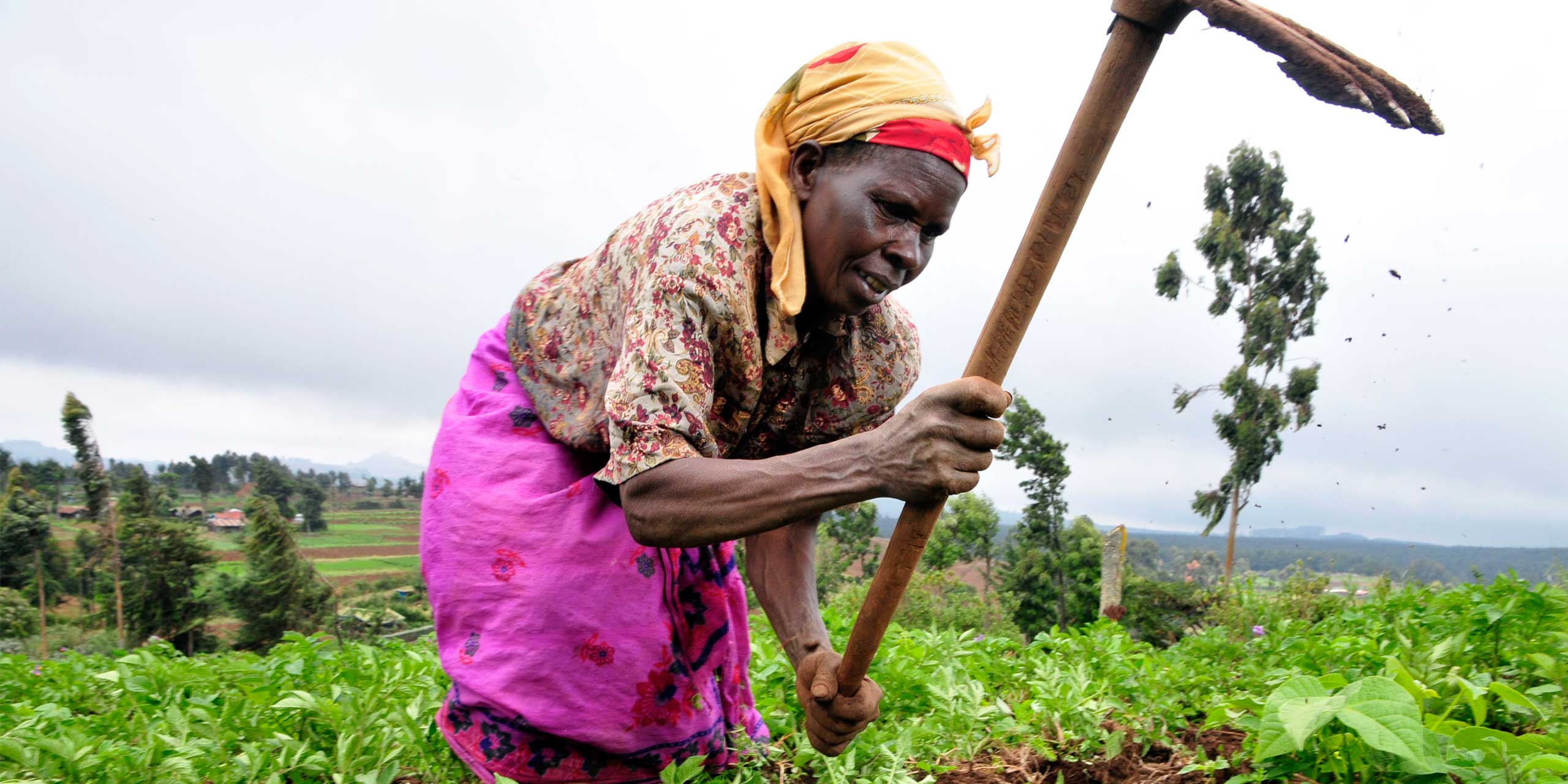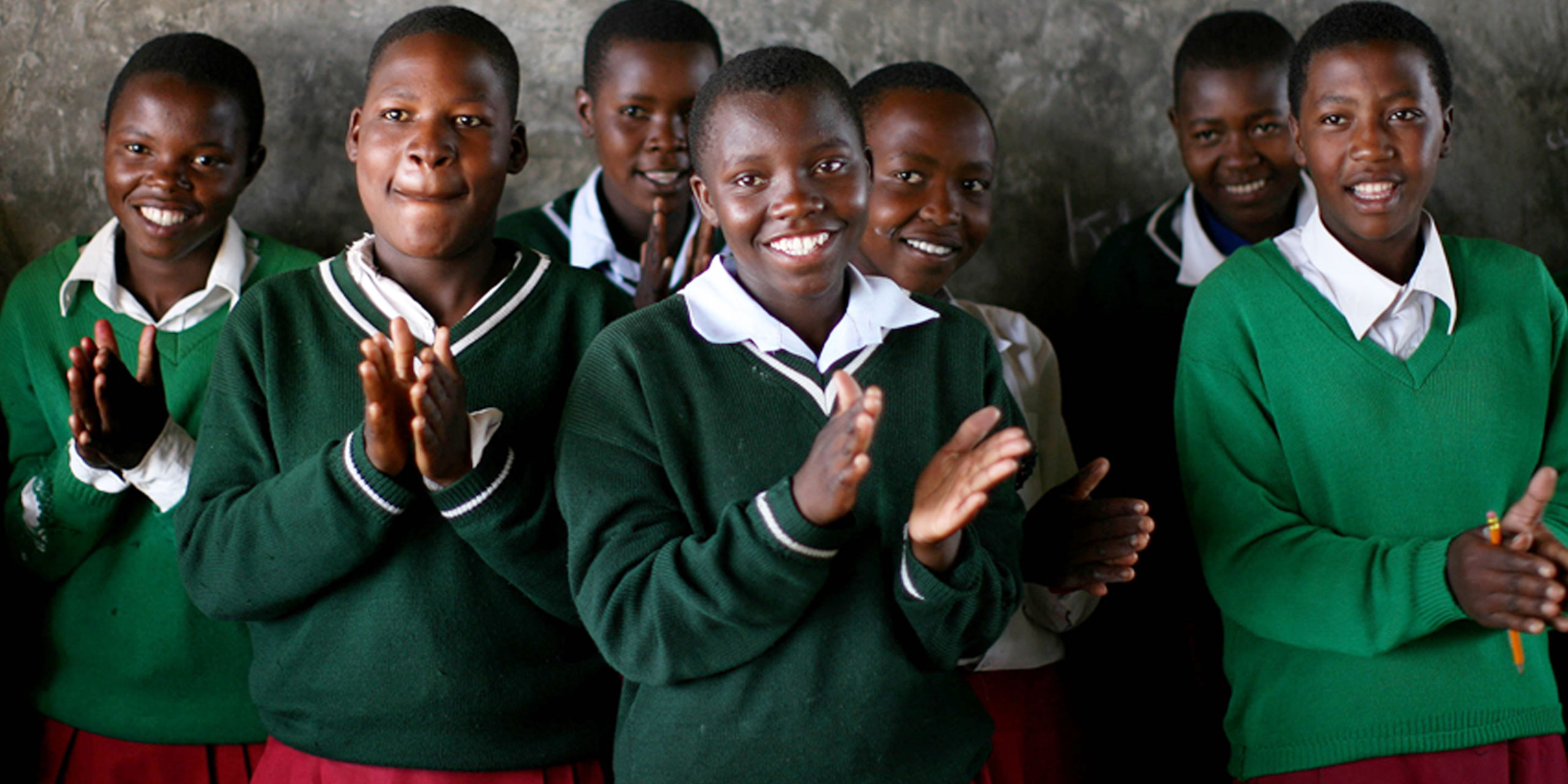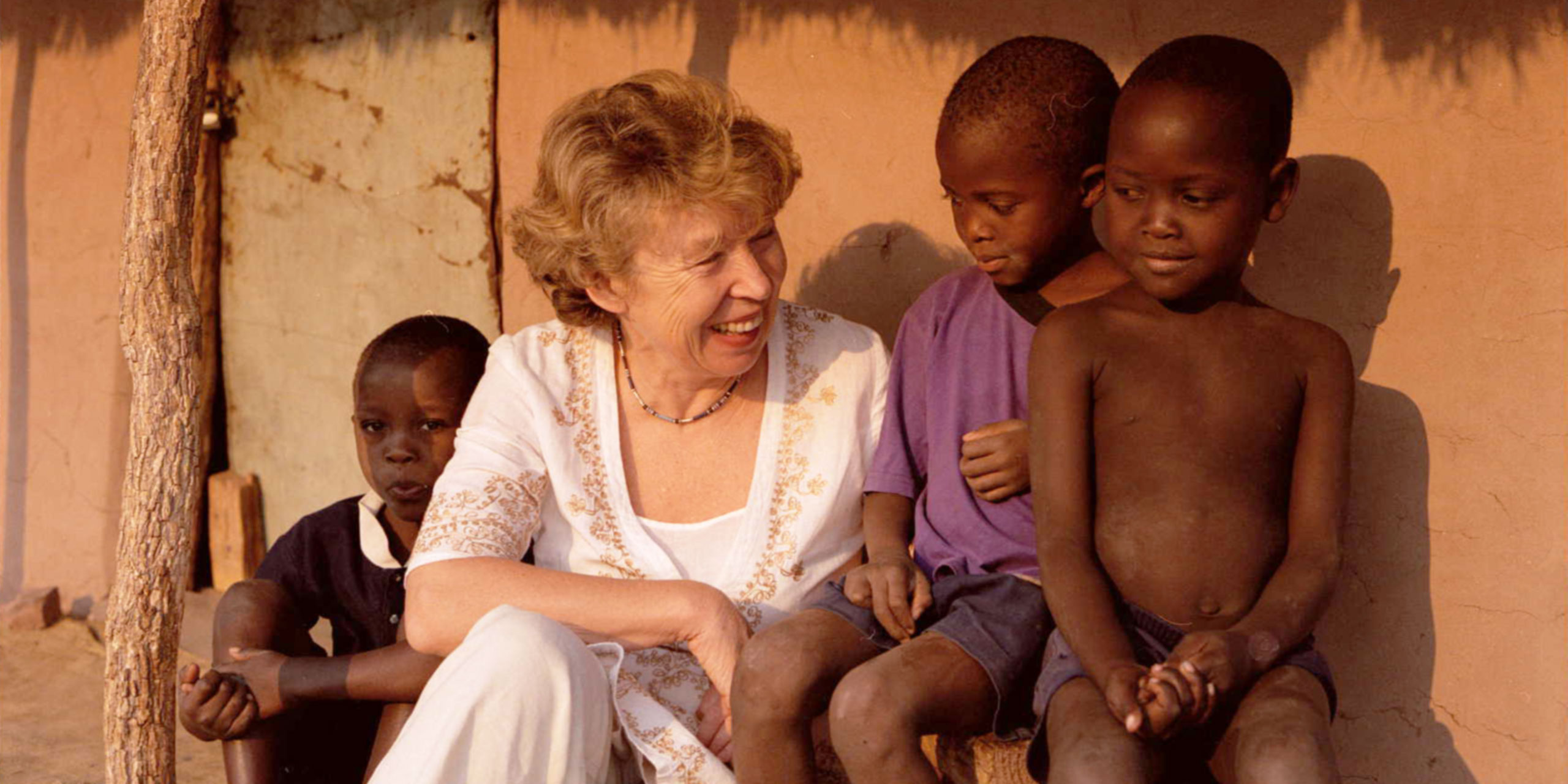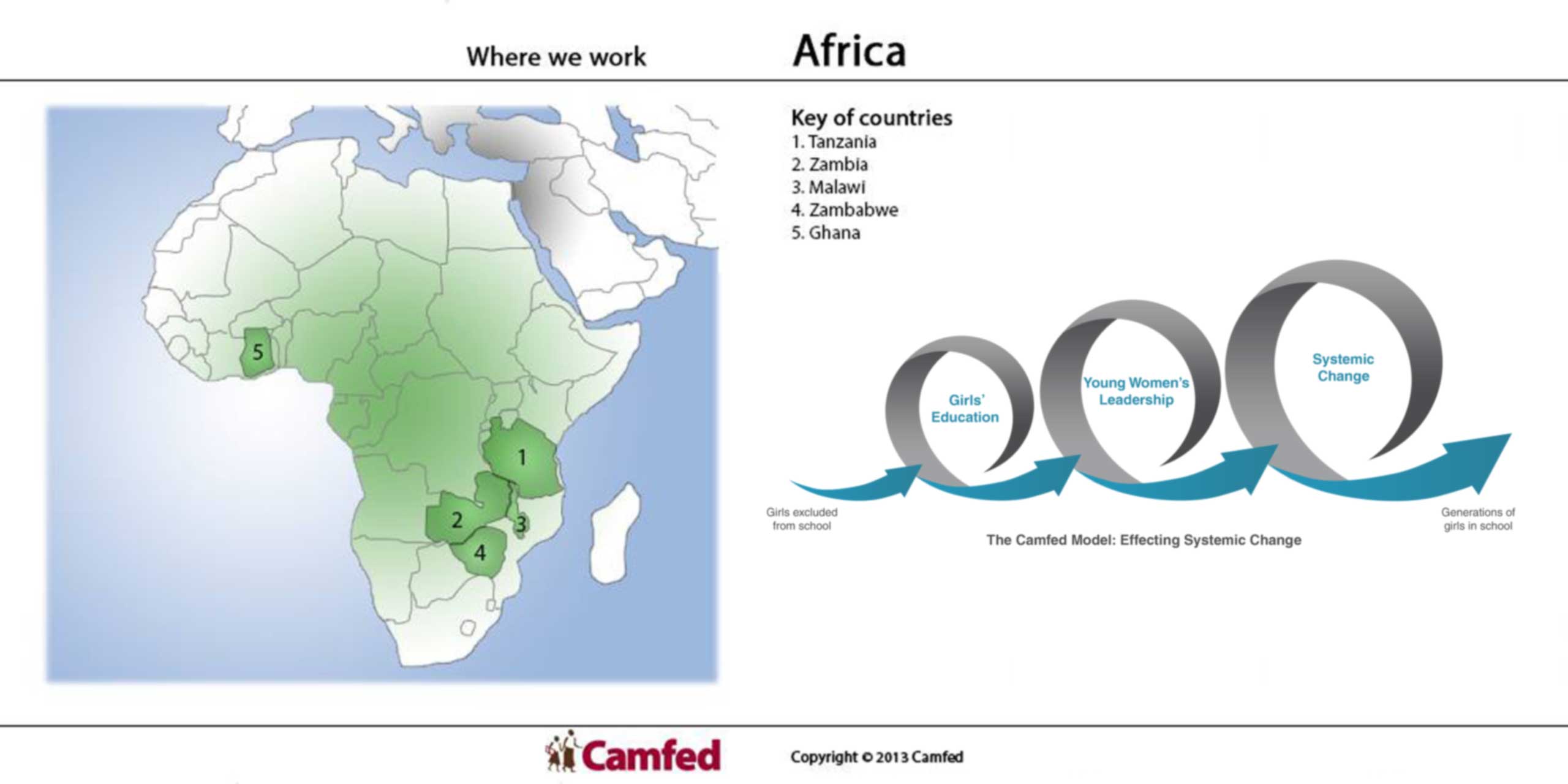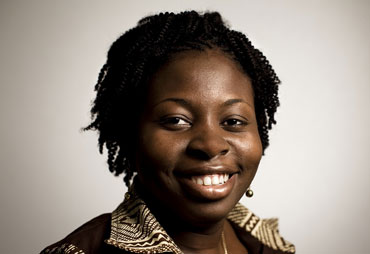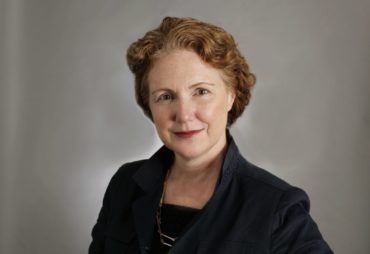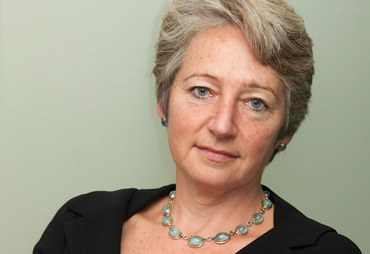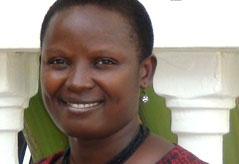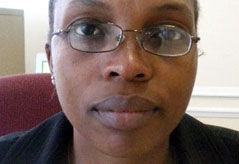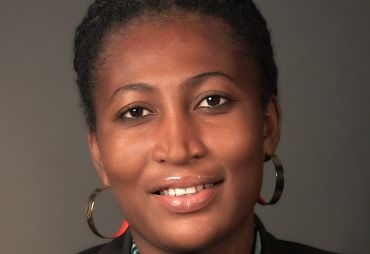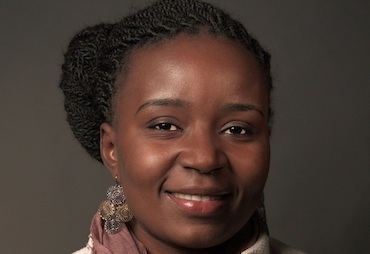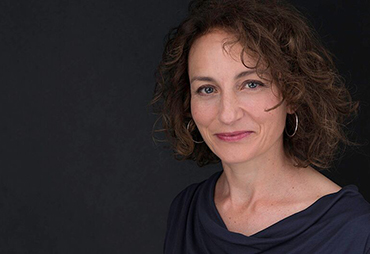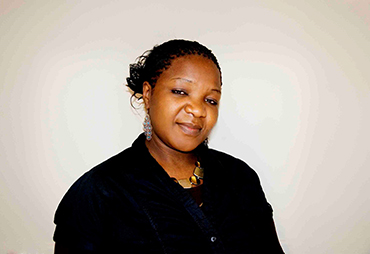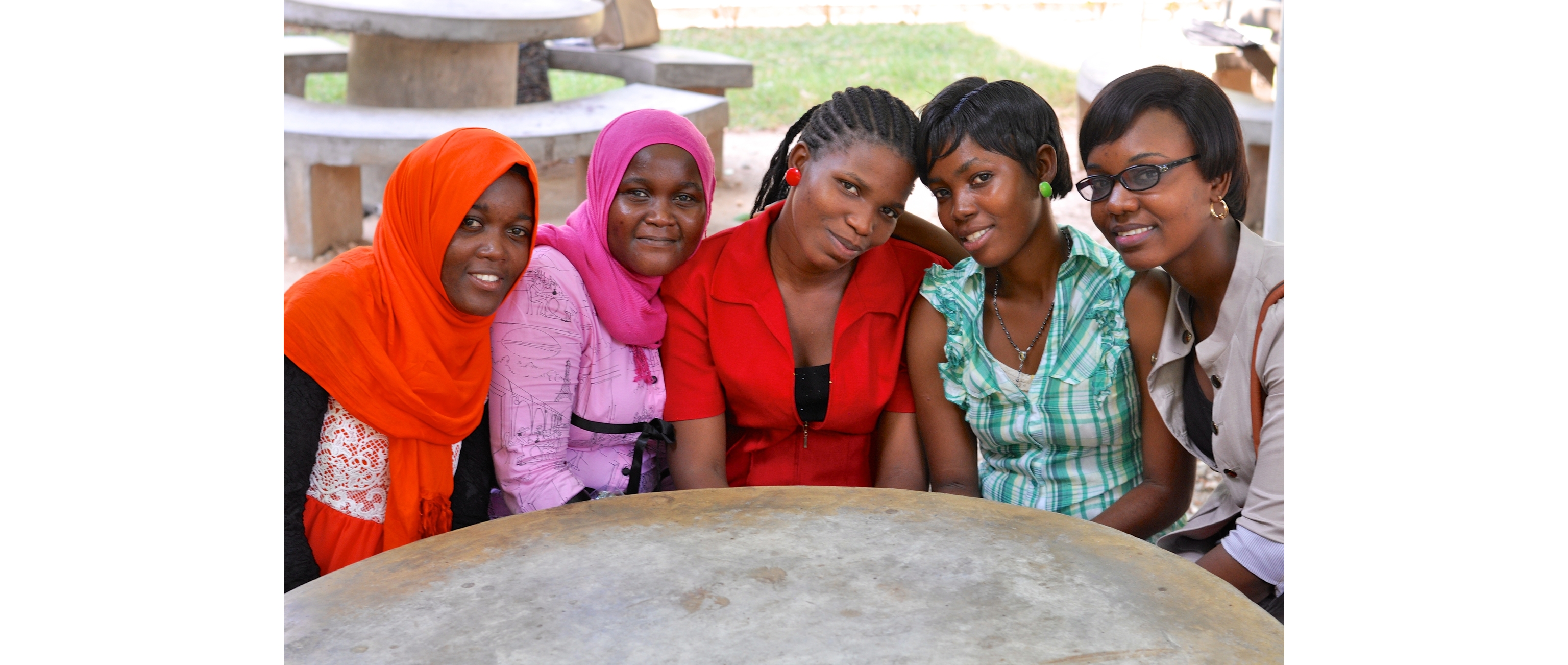CAMFED is an international non-profit organization that tackles poverty and inequality by supporting girls to go to school and succeed, and empowering young women to step up as leaders of change. CAMFED invests in girls and women in the poorest rural communities in sub-Saharan Africa, where girls face acute disadvantage, and where their empowerment is now transforming communities. Since 1993, CAMFED’s innovative education programs in Zimbabwe, Zambia, Ghana, Tanzania, and Malawi have directly supported over 3.3 million students to attend primary and secondary school, and over 5.7 million children have benefited from improved learning environments. CAMFED believes that every child is entitled to a quality education in a safe environment and a life as an independent young adult. CAMFED directly supports girls because typically they are the first to drop out of school, and the first to be failed by the system, which places them at the perils of early marriage, early pregnancy, and HIV/AIDS. As an activist organization, CAMFED devises robust, sustainable, and transparent programs accountable first and foremost to the girl, designed to meet her needs at school and beyond, while also working to deliver systemic change.


